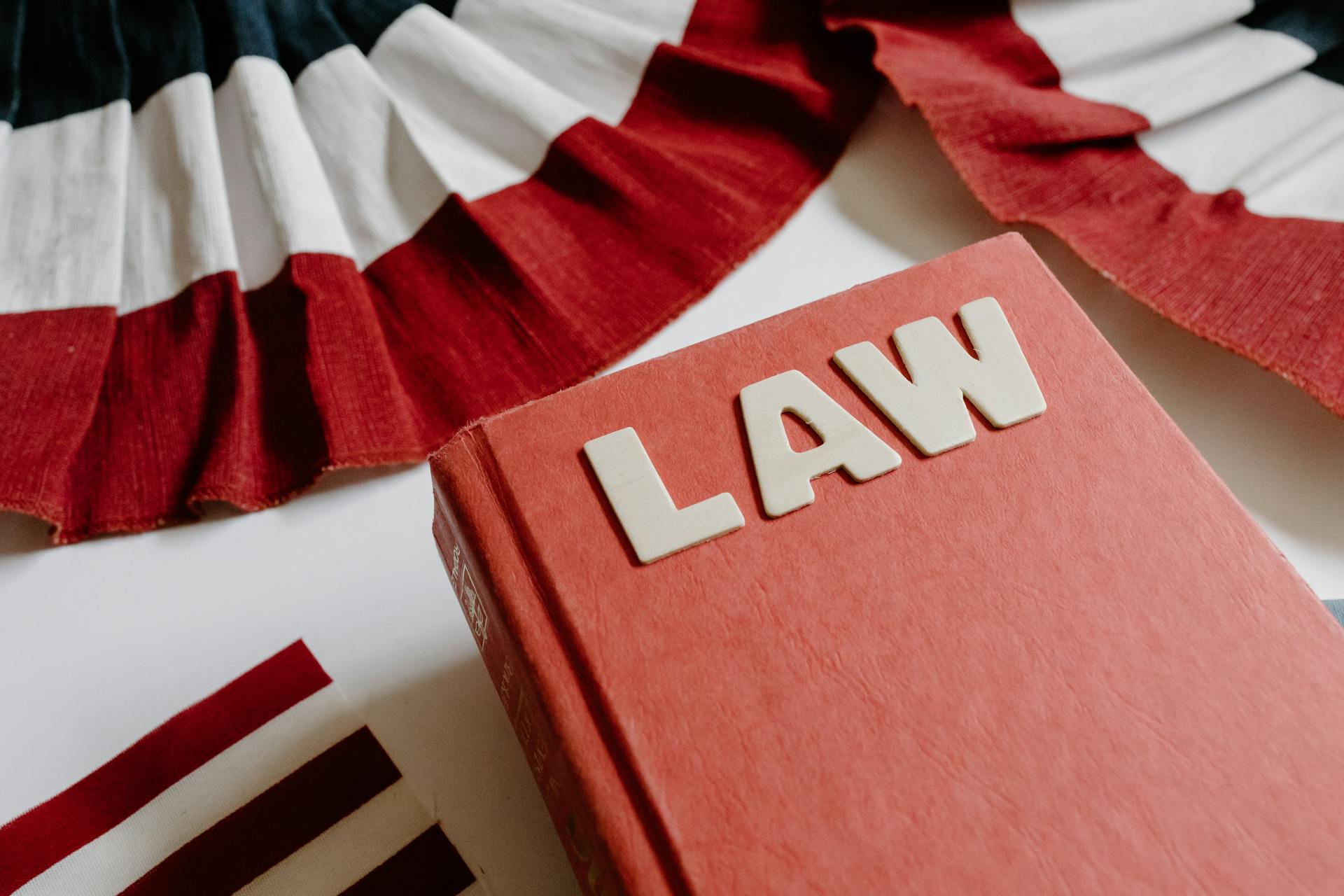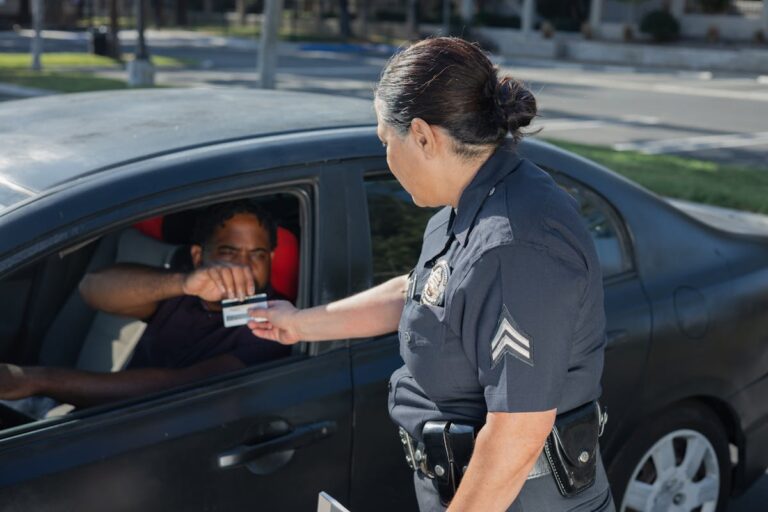What Happens in a Car Accident Lawsuit
The intricacies of a car accident lawsuit are often shrouded in a cloud of legal jargon and complex processes, but understanding these stages can be integral to achieving a successful outcome. From the initial evidence gathering and insurance claims to possible courtroom battles, every stage possesses its unique challenges and requirements. Let us embark on a journey to demystify these elements and shed light on the importance of legal representation in such situations, further exploring the potential ramifications of a failed negotiation or the impact of a victorious court battle.
Understanding Car Accident Lawsuits
The intricacies of car accident lawsuits can seem daunting, especially for those experiencing it for the first time. Precise knowledge of the process is essential. It all starts when insurance claims are filed, followed by a careful damage assessment to determine compensation. Such compensation types can cover both physical damage and medical expenses, which are often significant.
One key aspect of a car accident lawsuit is the collection of witness statements. These accounts can provide invaluable information for accident reconstruction, a process that helps determine who is at fault for the accident. It’s crucial to have a professional perform this task, as it can greatly influence the outcome of the lawsuit.
Settlement negotiations are a common part of car accident lawsuits. Here, parties try to agree on compensation amounts without going to court. The role of liability insurance is critical in this phase, as it covers the cost of personal injury and property damage.
Legal representation is advisable to navigate through these complex processes. A knowledgeable lawyer can provide guidance, ensure fair treatment, and maximize potential compensation. Understanding this process is the first step towards a successful resolution of a car accident lawsuit.
Hiring a Personal Injury Attorney
Navigating the complexities of a car accident lawsuit often requires the expertise of a personal injury attorney. This legal professional operates within a specialized area of law, providing guidance and representation for those who have been physically or psychologically injured due to the negligence of another party.
A crucial factor to consider when hiring a personal injury attorney is their fee structure. Most operate on a contingency fee basis, meaning attorney fees are only paid if they win your case. This arrangement can be a significant advantage, as it allows access to legal representation without upfront costs.
Another pivotal factor is client communication. It’s essential to hire an attorney who prioritizes keeping you informed about your case’s progress and responds promptly to your inquiries.
The table below further highlights these considerations:
| Consideration | Importance |
|---|---|
| Attorney Fees | Most operate on a contingency fee basis, reducing financial stress. |
| Client Communication | Regular updates and prompt responses are essential for client satisfaction. |
| Specialization | Ensure the attorney specializes in personal injury law for the best representation. |
Hiring the right attorney can significantly influence the outcome of your case, ensuring your rights are protected, and you receive the compensation you deserve.
The Initial Investigation Process
The initial investigation process of a car accident lawsuit is a critical phase that involves the meticulous gathering of crucial evidence. This stage also includes a comprehensive assessment of injury severity, which may significantly influence the outcome of the lawsuit. Moreover, an objective determination of liability factors is essential to outline a strong legal strategy.
Gathering Crucial Evidence
Crucial evidence serves as the backbone of any car accident lawsuit, making its collection a vital step in the legal process. Without concrete evidence, proving the culpability of the defendant becomes a challenging task. Thus, the initial investigation process centers around collecting as much pertinent evidence as possible to build a robust case.
The gathering of crucial evidence includes obtaining witness statements, which can provide a third-party perspective of the accident. These statements can corroborate the plaintiff’s account or reveal discrepancies, making them invaluable to the proceedings. Additionally, in cases such as drunk driving accidents, understanding how to collect evidence effectively is essential. You can learn more about the critical steps involved in this process in our guide on how to collect evidence after a drunk driving car accident. The weight of witness testimonials cannot be underestimated, as they often tip the scales of justice in favor of the party that they support.
Accident reconstruction is another significant aspect of evidence gathering. This involves using scientific methods to recreate the accident scene based on the available evidence such as skid marks, vehicle damage, and the final resting positions of the vehicles. The purpose is to determine fault and establish the sequence of events leading to the accident. This detailed analysis can provide compelling evidence to support the plaintiff’s case.
To further strengthen your case, it is essential to gather other forms of key evidence, such as photos, medical records, and surveillance footage. For more information on key evidence to strengthen your car accident case, visit our comprehensive guide.
This thorough and careful collection of evidence forms the bedrock upon which the success of a car accident lawsuit rests.
Assessing Injury Severity
Following the meticulous collection of evidence, the next pivotal step in the initial investigation process is to accurately assess the severity of injuries sustained in the car accident. This is a crucial aspect of any car accident lawsuit, as it directly impacts the potential compensation that the victim may be entitled to.
In this regard, thorough medical evaluations are indispensable. They provide an objective, comprehensive view of the injuries which could not be gained from visual observations alone. Medical professionals are trained to identify, diagnose, and document a wide range of injuries, from minor abrasions to severe traumatic brain injuries. These medical evaluations should be performed as soon as possible after the accident to ensure the most accurate representation of the injury’s impact.
Beyond the initial medical evaluations, ongoing injury documentation is equally important. It provides a clear record of the injury’s progress, potential complications, and any long-term effects. This ongoing documentation can be persuasive evidence when arguing for appropriate compensation in a lawsuit.
Determining Liability Factors
In the aftermath of a car accident, determining liability is a critical, albeit complex, process. It requires a thorough investigation into the circumstances surrounding the incident, with a specific focus on negligence assessment. This process is pivotal as it ultimately shapes the course of a lawsuit and impacts the compensation a victim might receive.
Negligence assessment involves evaluating the conduct of each driver involved in the accident. This includes analyzing whether they adhered to traffic rules, were distracted, or driving under the influence. The goal is to establish if anyone’s actions directly contributed to the accident, thus making them liable.
Understanding comparative fault is also significant in this process. It’s a legal concept that divides responsibility among parties based on their degree of negligence. For instance, if a party is found to be 60% at fault, they would be responsible for that percentage of the damages.
Therefore, determining liability factors is not just about identifying the at-fault party, but also about establishing the extent of their fault. This comprehensive approach ensures fairness in the legal proceedings, making it an indispensable part of a car accident lawsuit.

Filing the Lawsuit
Embarking on the legal journey of filing a lawsuit following a car accident requires a comprehensive understanding of the legal process. This includes the meticulous preparation of necessary documents and the importance of securing experienced legal representation. These critical steps will be our focus as we proceed with our examination of the car accident lawsuit process.
Understanding the Legal Process
Navigating the complexities of the legal process after a car accident can be daunting, particularly when you’re dealing with the aftermath of the incident itself. This process often begins with filing insurance claims, which can be intricate and demanding, especially when dealing with medical expenses and emotional distress.
The legal process also involves settlement negotiations. These discussions can be complex, as they require a thorough understanding of accident documentation, witness testimonies, and legal deadlines. It’s crucial to be detailed and persuasive in these talks, as they can significantly influence the outcome of your case.
Understanding court procedures is another key aspect of the process. Different courts may have varying procedures, and adhering to these is critical for the successful processing of your case. It’s also important to know the types of compensation available, which may include medical expenses, loss of wages, and pain and suffering.
Lastly, being aware of case timelines is imperative. These timelines can affect your ability to claim compensation and influence the progress of your case. By understanding these aspects of the legal process, you can navigate your car accident lawsuit with increased confidence and knowledge.
Preparing Necessary Documents
Having thoroughly dissected the complexities of the legal process following a car accident, we now turn our attention to the preparation of necessary documents for filing the lawsuit. This step is crucial given the significance these documents hold in substantiating your claims and ensuring a successful outcome.
The first step involves identifying the correct document types required. This typically includes a complaint or petition, which outlines your case, and a summons, which formally notifies the other party of the lawsuit. Additionally, you may need to prepare a demand letter, detailing your claims and the compensation sought.
Understanding the evidence requirements is equally important. This includes all documentation that supports your case. Medical records, police reports, eyewitness testimonies, photographs of the accident scene, and any other relevant evidence should be compiled meticulously.
Hiring a Good Lawyer
Securing the services of a competent attorney can significantly enhance your chances of success when it comes to filing the lawsuit. A good lawyer can provide a thorough case evaluation, develop effective trial strategies based on their legal experience, and employ robust negotiation skills to reach a favorable settlement.
When hiring an attorney, consider their reputation within the legal community. This can often be gauged through client testimonials and professional accolades. A well-reputed lawyer is likely to be knowledgeable, ethical, and adept at handling complex cases.
Client communication is another crucial aspect to consider. Your attorney should be able to explain legal processes in terms you can understand, keep you informed about case developments, and be responsive to your queries.
Many attorneys work on contingency fees basis, which means they only get paid if they win your case. This can be advantageous as it motivates the lawyer to strive for the best possible outcome.
Hiring a good lawyer is a critical step in a car accident lawsuit. With the right attorney, you can navigate the legal maze with ease and confidence, improving your chances of a successful resolution.
Discovery Phase and Negotiations
An indispensable part of any car accident lawsuit is the discovery phase and negotiations. This phase, with its own discovery timeline, enables both parties to gather crucial information to support their case. It’s during this time that negotiation strategies come into play as both parties seek a resolution without resorting to trial.
| Discovery Phase | Negotiations |
|---|---|
| Gathering Evidence | Initial Offers |
| Document Production | Counteroffers |
| Interrogatories | Mediation |
| Depositions | Settlement Agreement |
| Discovery Timeline Completion | Case Resolution |
The discovery phase includes gathering evidence, producing necessary documents, serving interrogatories, and conducting depositions. It culminates with the completion of the discovery timeline. Simultaneously, negotiations involve making initial offers, responding with counteroffers, possibly engaging in mediation, and hopefully, reaching a settlement agreement leading to case resolution.
An effective negotiation strategy requires thorough preparation, clear communication, and a willingness to compromise. This, coupled with a well-executed discovery phase, increases the likelihood of a favorable outcome. Understanding the intricacies of these stages helps to navigate the complexities of a car accident lawsuit effectively.
Going to Trial
Although successful negotiations can lead to a settlement, circumstances sometimes necessitate going to trial in a car accident lawsuit. This becomes the final recourse when parties fail to reach a consensus. The decision to proceed to trial is not taken lightly; it requires careful consideration of various factors, including the strength of the evidence and the potential for an agreeable resolution.
The process of going to trial involves complex trial strategies, with each side presenting their case in a way that will convince the jury of their perspective. These strategies can include the use of expert witnesses, compelling testimony and physical evidence to establish liability and damages. A significant part of the trial process is jury selection, a critical step that can significantly impact the trial’s outcome. The aim is to choose individuals who can objectively evaluate the evidence, uninfluenced by personal biases.
It is essential to understand that trials can be lengthy, expensive, and emotionally draining. Therefore, a well-thought-out decision, backed by a robust legal strategy, should precede the move to go to trial. Remember, the goal is to achieve justice and fair compensation for the damages sustained in the car accident.
Post-Trial Proceedings and Settlements
Once a verdict has been reached in a car accident lawsuit, it may seem like the conclusion of a long, arduous journey. However, the post-trial proceedings often involve various essential steps requiring careful attention. These include exploring mediation options, understanding the appeal process, and determining compensation types.
Mediation options may be considered if the trial outcomes are unsatisfactory for either party. This is a less formal, less expensive process than going back to court. It involves a neutral third party who helps both sides come to a mutually beneficial agreement.
The appeal process is another route if a party believes the court made a legal error impacting the trial outcome. However, this process can incur additional court fees and extend the timeline significantly.
Compensation types are often determined by the specifics of the lawsuit and settlement agreements. These agreements, if made, can circumvent the need for an appeal or further litigation. They may include compensation for medical expenses, lost wages, property damage, and emotional distress.
Understanding these post-trial proceedings and settlements is crucial, as they have significant implications on the final resolution of a car accident lawsuit.
Frequently Asked Questions
What if I Cant Afford to Pay for Medical Expenses After a Car Accident?
If you can’t afford medical expenses after a car accident, consider medical expense options such as personal injury protection coverage. You may also explore financial assistance programs offered by hospitals or non-profit organizations.
How Does a Car Accident Lawsuit Affect My Car Insurance Premiums?
How will your premiums be impacted after a car accident lawsuit? Typically, insurance companies may initiate a premium increase following such lawsuits. This is due to the higher risk associated with insurance claims post-accident.
Can I File a Lawsuit if the Accident Was Partially My Fault?
Yes, you can still file a lawsuit even if the accident was partially your fault. This is due to negligence standards and comparative fault principles, which allow for shared responsibility in auto accidents.
What Should I Do if the Other Drivers Insurance Company Contacts Me?
If the other driver’s insurance company contacts you, refrain from insurance negotiations on your own. Always seek legal representation to ensure your rights and interests are adequately protected during these discussions.
How Long Does a Car Accident Lawsuit Usually Take to Resolve?
The duration of a car accident lawsuit can vary widely, typically ranging from several months to years. This is due to factors such as settlement negotiations, pre-trial procedures, and court timelines, which can be extensive.






